Sun Care 101: Here’s Why SPF Is Your BFF

As the sun continues to turn its back on a much-needed chill pill, one skincare product that continues to claim all the spotlight (and quite rightly so), is ‘Sunscreen’. You ask us, why? Well, we’re here to tell you why this particular product is all important for your skin’s well-being.
What we mean when we say “SPF Is Your BFF”?
Sunscreen is possibly the most important skincare product that one MUST use on a daily basis, whether you’re at home or going out. And while it is a fact known by most, there are many who still forget to apply sunscreen before stepping out or even when at home.
While it might feel nice to soak up some sun, in the longer run, you are doing more harm to your skin than good. Various studies have shown that continued exposure to sun will lead to a host of skin problems such as tanning, inflammation, sun burns, dry patches and more. And in more serious cases, it can even lead to skin cancer too.
You can, however, protect yourself from all of that (to a great extent), with just one product. We’re talking about good, ol’ sunscreen. When we say “SPF is your BFF”, we mean it. Sunscreen forms a protective layer on your skin’s surface, to reflect the damaging UVA & UVB rays of the sun. This protects your skin from the adverse effects of sun damage.
SPF & PA Levels Decoded
SPF
The term sunscreen & SPF goes hand in hand with sunscreen. Most of us have come across sunscreen with SPF 30, 40, 50 & so on. And while sunscreen is incomplete without any SPF, do you know what it stands for? SPF a.k.a. Sun Protection Factor, is the relative measure that marks how well your sunscreen will protect you from the damaging UVB rays of the sun. The number denotes the strength of your sunscreen against effects of the UVB rays. Does that mean the higher the SPF, the better protected you are?
Take a look what the numbers mean:
- SPF 15 blocks about 93% of the UVB rays
- SPF 30 blocks about 97% of the UVB rays
- SPF 50 blocks about 98% of the UVB rays
Experts recommend that choosing a sunscreen with SPF ranging between 30 to 50 is ideally sufficient for you. However, if you’re spending longer hours in the sun, you can always go for a higher SPF.
PA Levels
Looking at your sunscreen’s label, there is another term that will catch your eye. It is the acronym PA accompanied by a few ‘+’ signs. PA stands for “Protection Grade of UVA”. In other words, it indicates how well your sunscreen protects you from the UVA rays of the sun.
The number of ‘+’ signs beside the PA on your sunscreen denotes how well it works in protecting your skin against UVA rays. Take a look at what the number of ‘+’ signs next to PA mean for you.
- A sunscreen with PA++ provides sufficient protection from UVA rays
- A sunscreen with PA+++ provides high protection from UVA rays
- A sunscreen with PA++++ provides extremely high protection from UVA rays
When looking for a sunscreen for yourself, make sure you pick one that provides you protection from both UVA & UVB rays of the sun, or in other words, a broad spectrum sunscreen.
Combating UVA & UVB: Is Broad Spectrum Sunscreen The Answer?

The UVA & UVB rays of the sun are the culprits behind sunburns & premature aging. While the UVA rays are mainly responsible for causing fine lines & wrinkles, the UVB rays are responsible for causing sunburns, tanning & even skin cancers. So what should you protect yourself from? The answer is, both!
You might be wondering if there’s a single product that can help combat both UVA & UVB rays? The answer is, ABSOLUTELY! A broad spectrum sunscreen is one that gives you protection from both UVA and UVB rays of the sun. In other words, a sunscreen with high SPF & PA levels, is your BFF that will provide you with all round protection from the sun’s rays.
How to find that ideal sunscreen for you?
Your ideal sunscreen would be the one that you’d love to apply, every morning, without any complaints. While you must always look at the SPF & PA Levels of the sunscreen, there are a couple of other factors that you must consider as well. Here are a few questions that you must ask before you pick your sunscreen.
How to introduce sunscreen in your daily AM skincare routine?
Now that you’ve picked a sunscreen that suits your skin’s needs, here’s how you can introduce it in your daily skincare routine.
Step 1: Cleanse your face with a gentle, sulphate-free face wash
Step 2: Dab your face & neck with an alcohol-free toner
Step 3: Gently apply serum to your face & neck. Wait for it to absorb into your skin properly
Step 4: Dot your face & neck with a moisturizer. Gently massage it in with your fingers, using upward motions
Wait for a minute or two before applying your sunscreen.
Step 5: Dot your face & neck with sunscreen. Massage it in with your fingers, using gentle upward motions. Use it as a last step in your skincare routine.
Remember to reapply your sunscreen after fixed intervals of time, as and when required.
Pro Tip: Make sure you apply the sunscreen at least 15 minutes before going out. This allows the sunscreen to absorb well & therefore give you maximum protection.
Some other ways to stay ‘Sun Safe’
A sunscreen limits sun damage. However, you must still take measures to protect yourself from the damaging effects of the sun. Here are some tips that will help you to stay ‘Sun Safe’.

- Avoid going out in the sun, in the middle of the day (10:00 AM to 4:00 PM). This is because the UV rays of the sun are the most potent around this time of the day.
- Try to limit your exposure to the sun when outside. You use an umbrella or a wide-brimmed straw hat.
- When going outdoors for long durations of time, especially in the middle of the day, try wearing protective clothing.
- Make sure you are using sunglasses that filter out the UV rays.
A Final Word
Now you know all the reasons why sunscreen is oh-so-important, we hope that you will not be skipping out on it anymore. Picking the correct sunscreen is almost like picking an outfit. It is not a one size fits all situation. So you must first try to understand the needs of your skin before you choose a sunscreen. With that being said, we hope you pick a sunscreen that you love wearing, everyday!
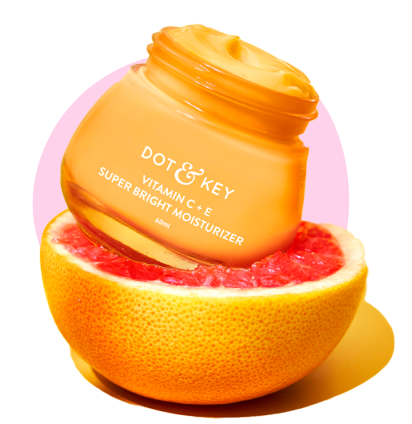
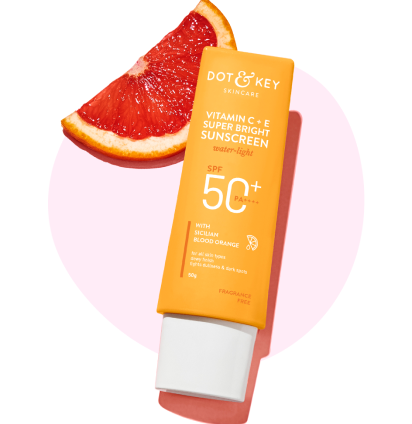
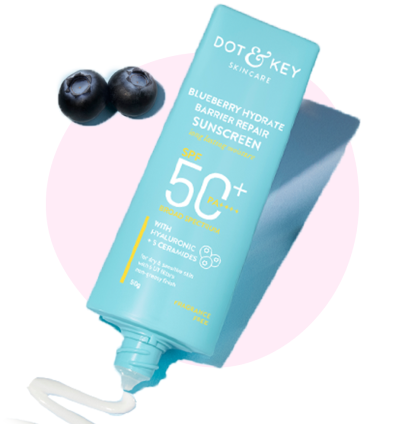
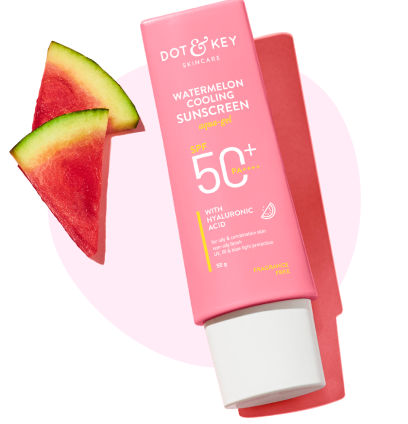
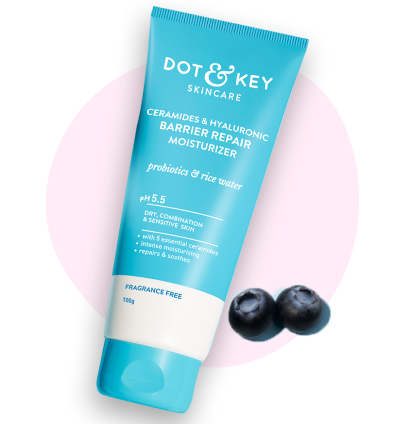
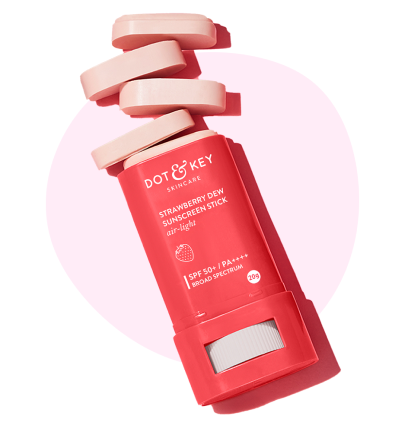
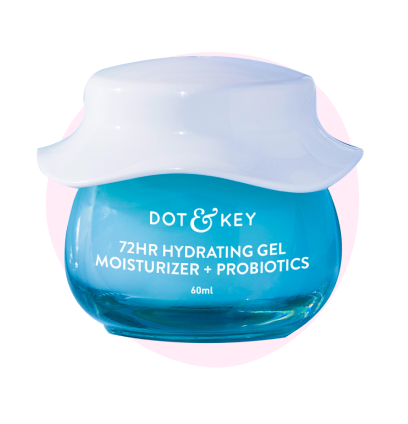

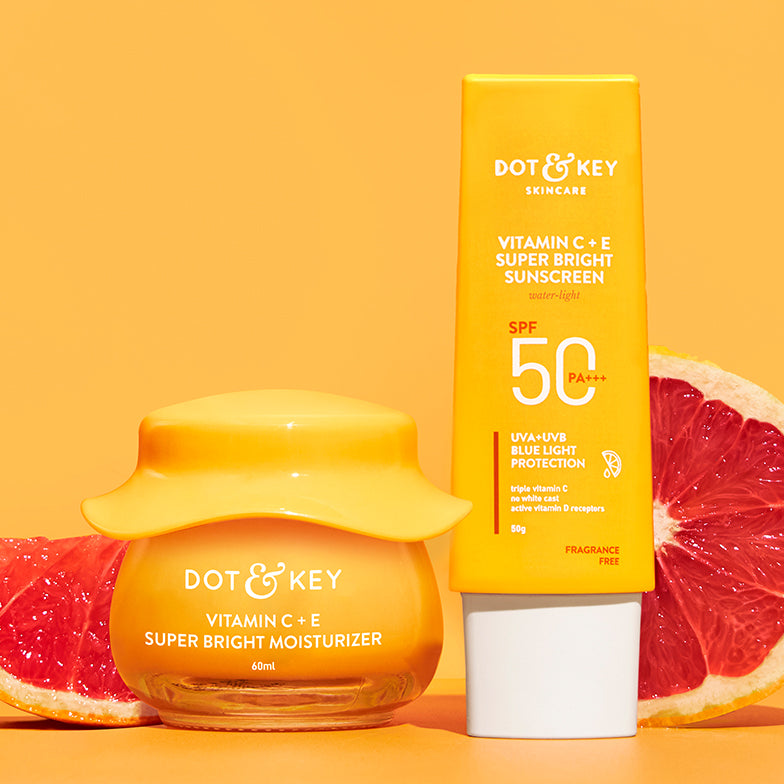

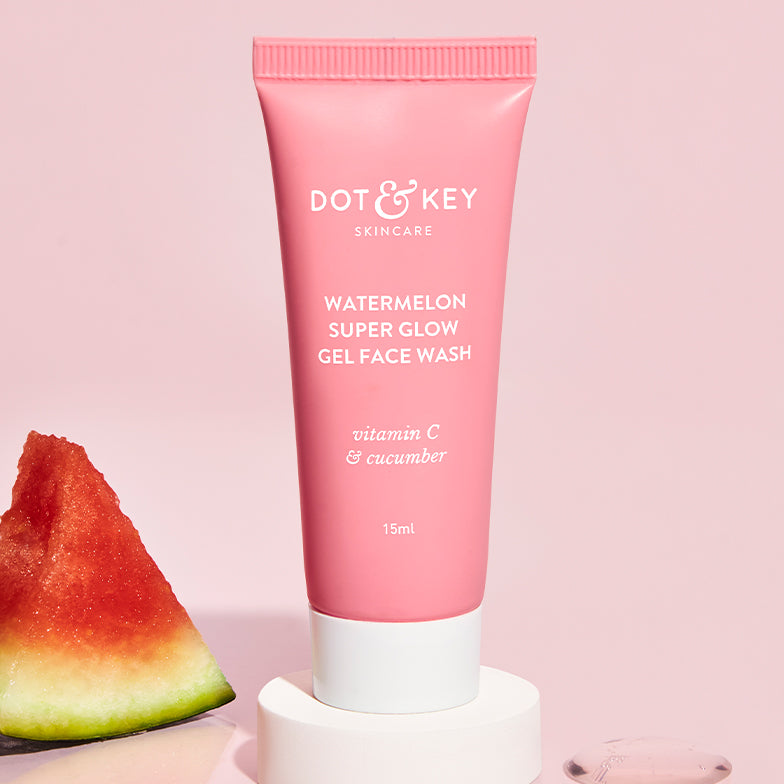
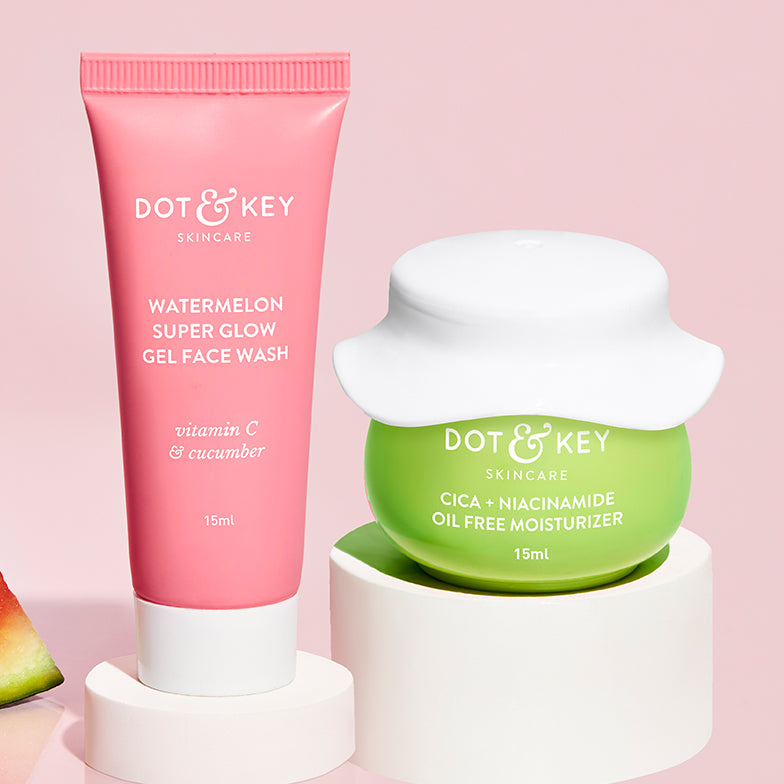
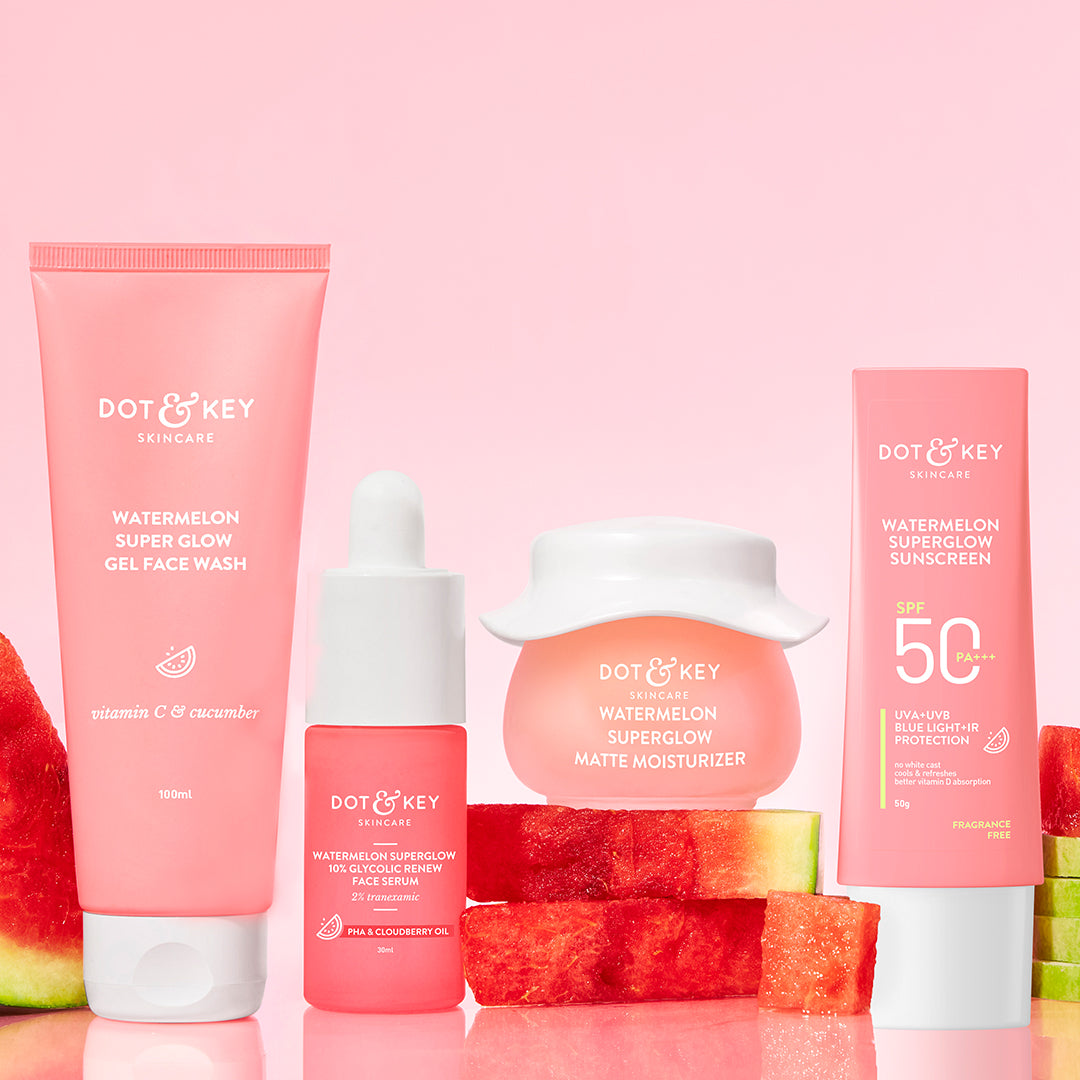
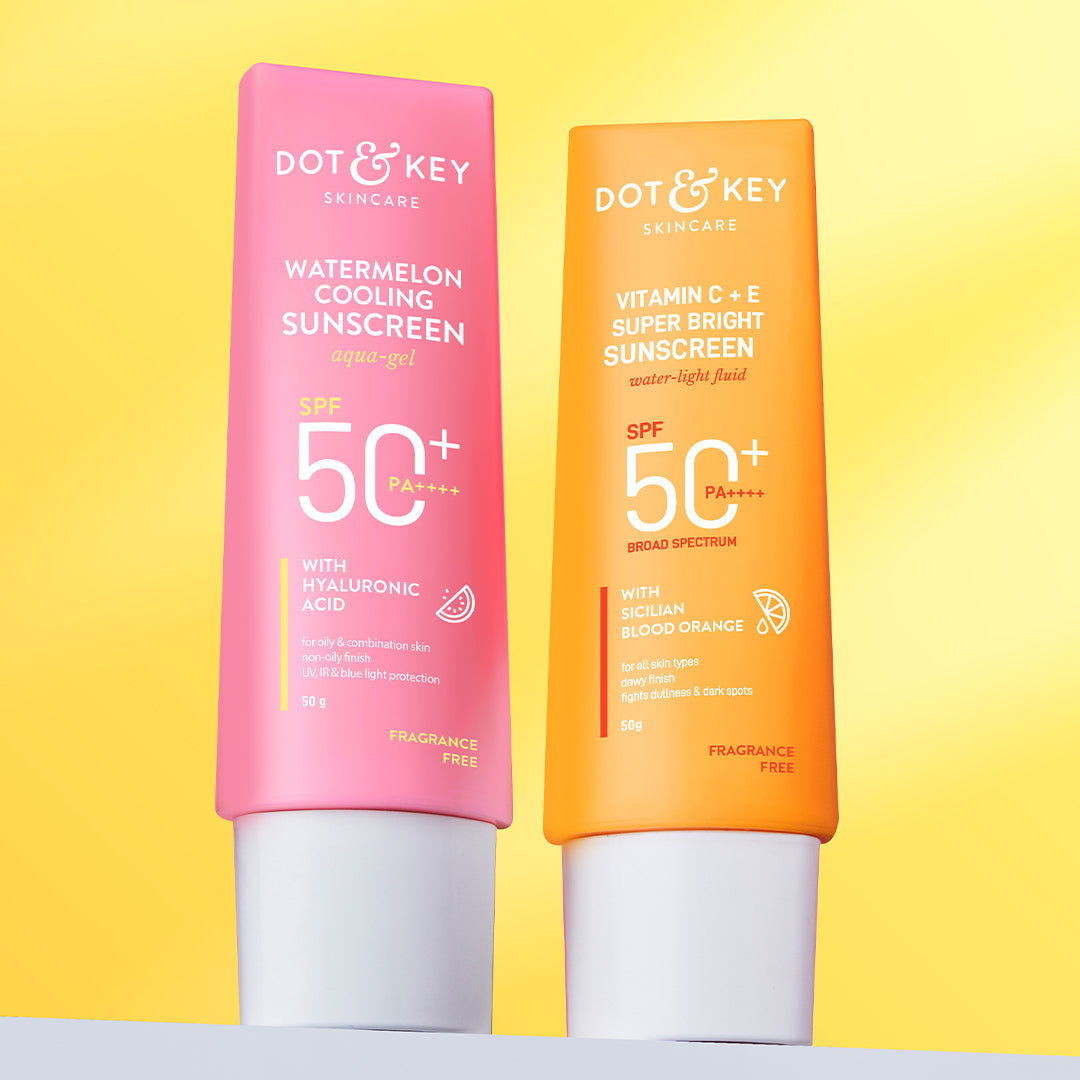



Leave a comment